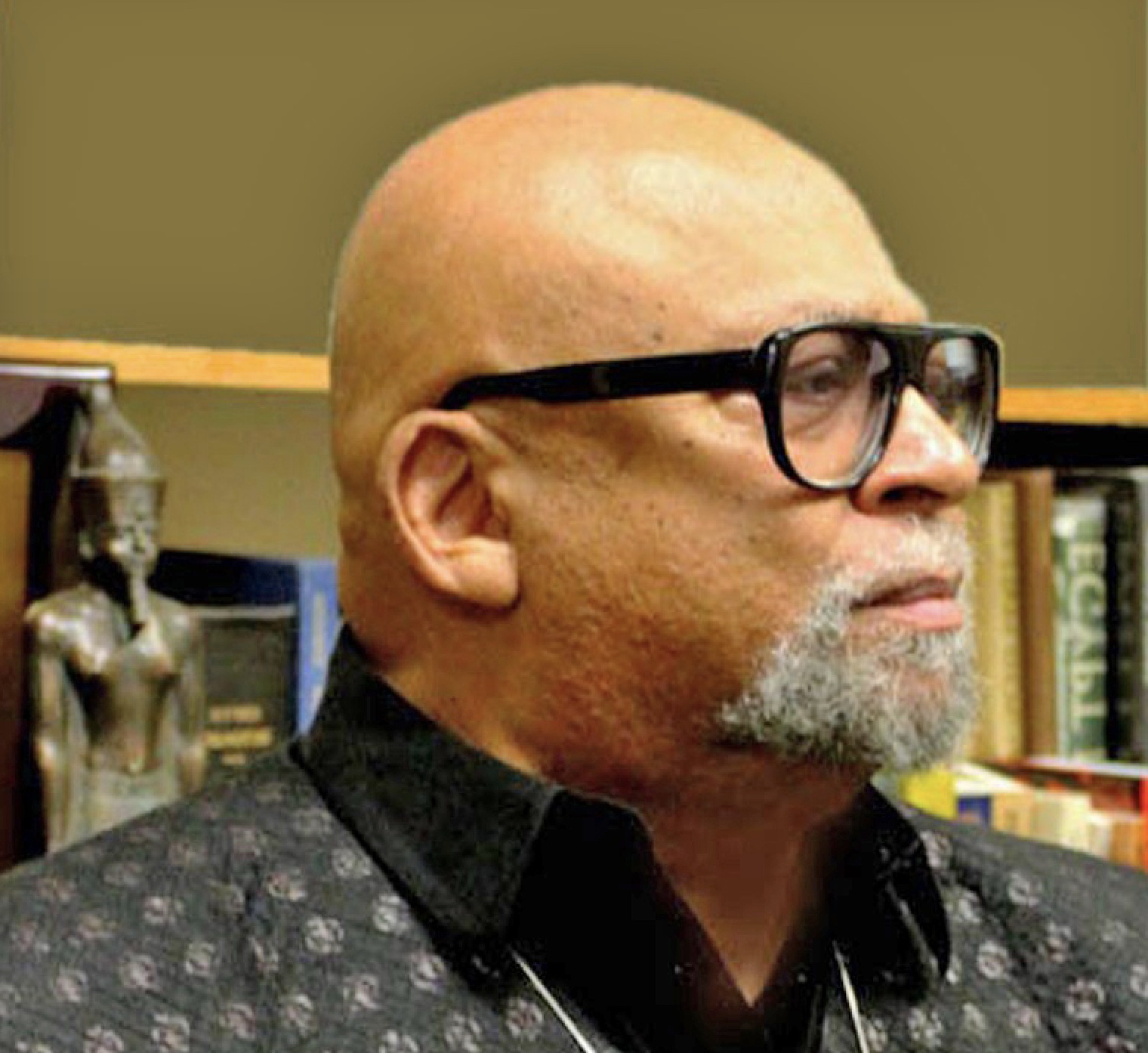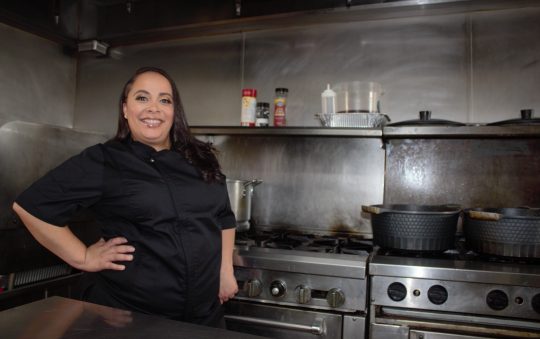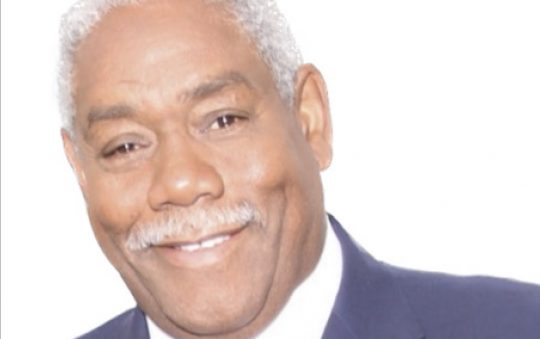
As we started the month of September with remembering and marking the 59th year and 236 seasons of work, service, struggle, and institution building by the organization Us with notes on revolution from a 1960s lecture, we end the month with more notes as follow up to our Sunday Soul Session, with a Saidi and Simba Roundtable on “Us, Keeping the Legacy Alive: Continuing the Struggle, Keeping the Faith and Holding the Line.”
We really have to watch our language when we talk and interpret history and current realities and always interpret things and speak from a Black frame of reference. Even people who are supposed to be conscious sometimes slip into a white way of conceiving and saying things. But if we are constantly attentive to how we understand and interpret things from a Black frame of reference, a Black perspective, we won’t make such self-diminishing and undermining mistakes.
Therefore, a Black day is a good day for us; it’s a “white day” when things are really bad. The point here, as (Haji) Malcolm taught, is that the logic of the oppressed cannot be the logic of the oppressor if they want liberation. And likewise, a language of liberation must inform that logic, so that it is a radical and liberated way of thinking and speaking.
Like (Frantz) Fanon, we want to bring into being a new history and people, a decolonized and liberated people. And that means, as Malcolm taught, learning the lessons of history and building on that knowledge to work and struggle for a radically improved present and a more promising future. We of Us have created a calendar of history which is both a marking and remembering of the past, an agenda for the present and a mission for the future. It is a seven-year calendar and cycle of things done, things being done, and things to do.
The year 1965 is the Year of Revolt and represents a new consciousness, a new commitment to struggle and a new turning in our history. In fact, the moment we stood up, and massively resisted in self-defense our oppression, we began to bring into being a new history for ourselves, this country and in a real sense the world. It was a new phase of the Black Freedom Movement, the end of the integrationist civil rights period and the beginning of the nationalist Black Power period.
Last year, 1966 was the Year of Black Power, the year Black people begin to think in terms of power. It was now a concern with power to define ourselves, to defend ourselves, and to develop ourselves. And we of Us define Black Power as our collective struggle to achieve three major goals: self-determination, self-respect and self-defense.
By self-determination we mean as the Second Principle of the Nguzo Saba (The Seven Principles) teaches us, “to define ourselves, name ourselves, create for ourselves and speak for ourselves.” And we also mean controlling our destiny and daily lives, controlling the space we occupy and defining, defending and developing our interests everywhere in this country and the world.
By self-respect, we mean a struggle to always affirm and reaffirm the beauty and good of our Blackness, the beautiful soulfulness of ourselves, our Africanness, our lives and our culture, the special way we think, feel and act in the world. And by self-defense we mean standing up to defend ourselves against attacks and oppression, demonstrating our deep valuing of ourselves and demanding recognition and respect for our human rights as Black people, as Malcolm taught.
We cannot fantasize about a chariot coming to carry us to freedom; we must fight our way all the way to this essential goal. There is no alternative, Fanon says, to a people taking responsibility for its own life, its own liberation, its own way forward. And he states that it’s our responsibility as leaders, activists, teachers and organizers to get the masses to see and accept that “everything depends on them; that if we stagnate, it is their responsibility and if we go forward, it is due to them also.” This, Fanon says, is at the heart of any real political education of the masses.
This is the Year of the Simba Wachanga (The Young Lions). This is the year that young people boldly showed their continued commitment to struggle, to revolt. It is young people especially who made the Revolt here in ’65 in L.A., and this year in Detroit and Newark. It is especially young people here and those there that rushed into the streets to confront the police who are seen as an occupying army. It is they who set the cities on fire with struggle, shut down the streets, and demanded a new way for whites to relate to us, in fact, demanding that they respect us as a people, that they respect our rights, our human rights as Malcolm taught us.
We of Us recognized the role youth must play and would play in the struggle, if they were mobilized, educated and organized. So, when we decided to celebrate Malcolm’s birthday, which we call Kuzaliwa, we called on Black people to stay home from work and school. But we knew people at work would be reluctant to do this for several reasons.
So we focused on calling students out of school, passing out leaflets, using phone trees and personal contacts, going to the schools and talking with them as they went in and came out, and assigning Simba inside the different schools the task of talking with them about the issues and urging them to walk out and come to celebrate Malcolm. And the students, the young people, like us, dared to defy the rules, to go against policy, and to dismiss any laws that would prevent their celebration of their saint and sacred hero, Min. Malcolm X.
This is why we of Us teach that it is especially when you are young that you must act for the good of your people, that you must join the struggle, and dare to confront and defeat the enemy and oppressor. It is at this time of life, you are most free of fear and apprehension about the loss of freedom, the loss of jobs or the loss of things important to older married and settled people and parents. For as people become older and possessors of things, things can begin to possess them. And many will not want to risk losing these things. Also, it is important for me to say that not all older people will sit on the side, guarding their gains and possessions. In our own organization Us, we have older people who, like our first Simba commander, Ngao Damu and others, who are as radical and revolutionary as anyone.
As Malcolm taught again, it is not age in itself that determines whether you will be revolutionary or not; it is your will to act. It is for Malcolm your readiness and willingness to act in revolutionary ways that determines whether you are young or not. Therefore, youthfulness is determined not by how many years you have, but how much heart you have.
For if you don’t have the heart, the heart to struggle, to serve our people, to defy and defeat our oppressor, you are, for Malcolm and Us, already old. That’s why Malcolm says, ‘If you’re really for some action you’re not old. I don’t care how old you are. But if you’re not ready for some action, I don’t care how young you are, you’re old.”
Certainly, it takes a young mind and heart to practice and push the Us program: to educate, mobilize and organize our people into a self-conscious freedom fighting force, to defend the people and work and struggle with them to better their lives and liberate themselves. Therefore, we of Us, following Malcolm, call for and need the young at heart, the young in mind, regardless of age in years, who are willing to learn, to work, to serve, to build and to struggle strongly and resolutely for a new community, a new people and a new world.
Dr. Maulana Karenga, Professor and Chair of Africana Studies, California State University-Long Beach; Executive Director, African American Cultural Center (Us); Creator of Kwanzaa; and author of Kwanzaa: A Celebration of Family, Community and Culture and Introduction to Black Studies, 4th Edition, www.OfficialKwanzaaWebsite.org; www.MaulanaKarenga.org.







